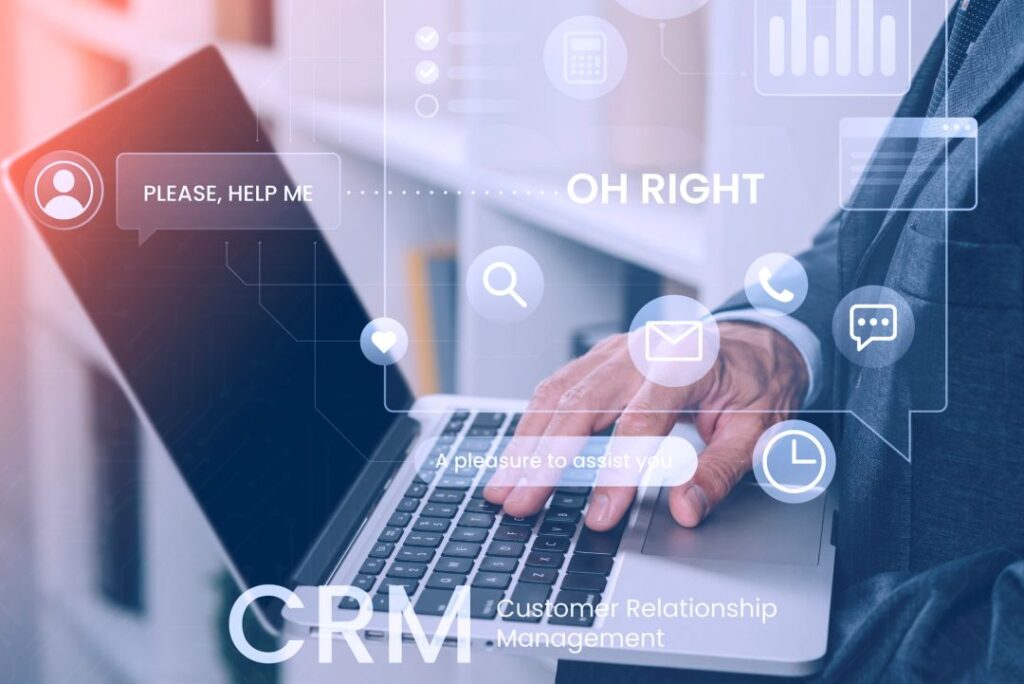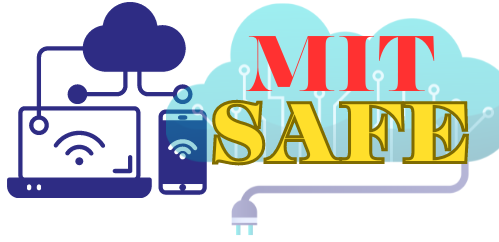Customer service is the backbone of any successful business. In today’s fast-paced world, meeting customer expectations has never been more challenging. Fortunately, Customer Relationship Management (CRM) systems can help streamline your processes and create positive experiences for your clients. Let’s explore five ways CRM can solve your customer service problems and improve overall satisfaction.

How Centralization Enhances Efficiency
One of the main challenges in customer service is fragmented customer information. CRM and ERP solutions provide a unified platform where all customer data is stored, including contact details, purchase history, and previous interactions.
By centralizing this information, your team can:
- Quickly access customer profiles.
- Provide personalized support.
- Avoid repetitive questions that frustrate customers.
For example, when a customer calls with a complaint, the representative can immediately pull up their profile to understand the issue and provide a tailored solution. This eliminates delays and ensures a seamless experience.
Breaking Silos with CRM Systems
Effective customer service requires seamless collaboration between departments. A CRM system acts as a bridge, enabling teams like sales, marketing, and support to share information effortlessly.
Here’s how this works:
- CRM tools allow real-time updates on customer interactions.
- Notes and case histories are visible to all relevant teams.
- Automated alerts ensure follow-ups are never missed.
For instance, if a sales representative promises a discount during a call, the support team will know about it and can address customer queries accordingly. This coordination reduces miscommunication and builds trust with your clients.

Save Time and Focus on What Matters
Time-consuming administrative tasks can take your team’s focus away from delivering excellent service. CRM systems include automation features that handle routine activities such as:
- Sending follow-up emails.
- Assigning tickets to the right team members.
- Tracking service requests and updating statuses.
This not only saves time but also ensures consistency. For example, automated ticket assignment can route high-priority issues to experienced agents, improving response times and customer satisfaction.
Using Data to Anticipate Customer Needs
Understanding your customers better is key to solving their problems efficiently. CRM and ERP solutions provide powerful analytics tools that help you:
- Track customer behavior and preferences.
- Identify common pain points.
- Measure the effectiveness of your support strategies.
With these insights, you can make data-driven decisions to improve your service. For instance, analytics might reveal that most complaints occur after a product update. This knowledge allows you to proactively address issues before they escalate, reducing complaints and improving user satisfaction.
Anticipating Problems Before They Arise
CRM systems enable proactive customer service by allowing you to anticipate and address issues before customers even contact you. Features like predictive analytics and automated reminders help you stay ahead.
Examples include:
- Sending maintenance reminders for products.
- Offering discounts on upcoming renewals.
- Notifying customers about potential delays or outages.
Proactive engagement shows that you care about your customers’ needs, which enhances loyalty and reduces churn rates.

Frequently Asked Questions About CRM and Customer Service
- What is the difference between CRM and ERP solutions? CRM focuses on customer relationships, while ERP handles overall business processes like inventory, accounting, and supply chain management. Together, they provide a comprehensive view of your business operations.
- Can small businesses benefit from a CRM system? Absolutely! Small businesses can use CRM tools to streamline operations, enhance customer interactions, and scale their service without needing large teams.
- How can I choose the right CRM for my business? Look for features like ease of use, integration with existing tools, scalability, and customer support options. Many CRMs also offer free trials, so you can test them before committing.
- Is CRM expensive? Costs vary, but there are affordable options, including free versions for small teams. The investment often pays off in improved efficiency and customer satisfaction.
- How long does it take to implement a CRM? Implementation time depends on the complexity of your business and the CRM system. Simple setups can take a few days, while larger businesses may need weeks.



